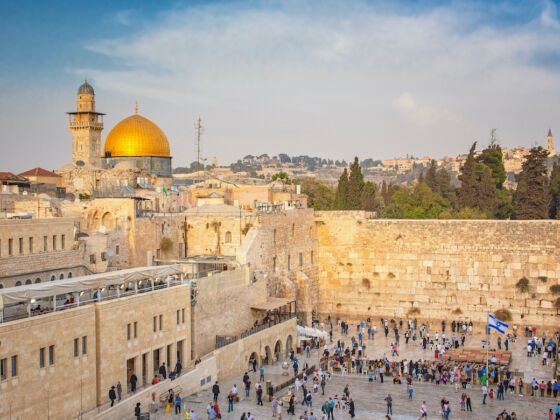Now that the Jewish New Year and Yom Kippur are here, I’m struck by the fact that I have become a “High Holiday Jew.”
Every fall, all over the world, Jews who’d never dream of darkening the door of a synagogue all year long suddenly scramble for tickets — often expensive — to high holiday services so they can hear Rabbis alternately tease and scold them for not coming to shul more often. In response, High Holiday Jews like me titter or nod, and then when the holidays are over, we go back to leading our lives exactly as we had before. See you next year.
